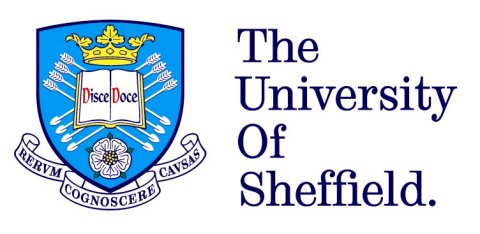Frequently Asked Questions
Study in UK (SI-UK) would like to offer some answers to our most frequently asked questions about studying law in the UK. Read the answers below and if you have any more questions reach out to an SI-UK Consultant, who will be able to help answer any further queries.
Yes. In order to practise law upon returning to Canada, students with LLB degrees from overseas will need to assess their qualifications with the National Committee on Accreditation (the NCA). Click this link to learn more about accreditation in Canada.
The NCA does not recognize online study. Should you choose to study an online LLB, you will be required to complete a minimum of 2-years of in-person study at a Canadian law school in order for your studies to be accredited and receive the Certificate of Qualification, allowing you to approach the Bar.
Graduates from Canadian universities will generally require a B+ grade or higher to qualify for to study an LLB in the UK.
The Universities of Bristol, Durham, Glasgow, Kings College London, LSE, Nottingham, Oxford, SOAS and UCL all require that you take the LNAT as part of their application to study law. Contact an SI-UK Consultant to learn more if you wish to apply to one of these universities or if you would like to learn about the many UK Law Schools that do not require this test.
No, the LSAT is not required to study Law in the UK.
UK law degree tuition fees generally vary between £12,000-£20,000 per year (around $21,000-$34,000 CAD). Living costs are around £10,000-£13,000 ($17,500-$23,000 CAD) depending on location and lifestyle. Although annual tuition fees may be slightly higher than Canadian universities, the shorter study period means that the cost of studying in the UK is comparable to that of studying in Canada.
There are many top UK Universities that offer scholarships to Canadian students. Contact an SI-UK Consultant to learn more about which universities offer scholarships for law students and how much is offered. You can also visit our scholarship page for more information.
Study in UK is able to guide you through the many law schools in the UK. We will help you to choose what UK university best suits your academic scores and university needs. You can also view which universities offer law courses through our website's course search.
Are you interested in studying Law at a top-ranked university? Get a free consultation today and begin your application to a UK University.
No, an undergraduate degree is not required to study law in the UK. The 3-year LLB is open for direct application for high school. If you have completed a Bachelor's degree, you qualify to apply to a 2-year LLB in the UK, recognized for accreditation to practice in Canada. Contact an SI-UK Consultant to explore law school options in the UK
No, taking Canadian Content in the UK will not exempt you from the NCA exam of the same title. It does act as a prep course for the exams, so you are prepared to write the NCA exam when you complete your LLB
Mandatory 5 core NCA exams:
- Canadian Administrative Law
- Canadian Constitutional Law
- Canadian Criminal Law
- Foundations of Canadian Law
- Canadian Professional Responsibility – Business Organizations
+ Additional 2:
- Remedies, Torts, Business Operations, Civil Procedure, Commercial Law, Taxation
Visit our NCA Process page to learn more and contact an SI-UK Consultant to explore law school options in the UK.
Yes, you can. The graduate route allows post-graduation international students to stay and work for two years in the UK, no sponsorship is required. Then through the Solicitors Qualifying Examination (SQE) route, Law graduates can become certified as a solicitor. Speak to an SI-UK Consultant to learn more about the pathway to working as a solicitor in the UK after you have graduated.
The GDL is not applicable to practice in Canada or the USA. As it is only a one-year law diploma the accreditation bodies will not accept it. A Law student would have to have completed the solicitor or barrister training in the UK and have practiced for that degree to be accepted. Talk to an SI-UK Consultant to learn more about the process of returning back to North America with a Law degree from a UK university.
The minimum grade that the NCA will accept in LLB studies is 55%. Any core modules you achieve lower than 55% in will likely be assigned as extra challenge exams to complete the NCA accreditation process.
No, further schooling is not required to complete the accreditation process, as the NCA exams can be completed by self-study. There are a few LLMs in Canada that will replace the accreditation exams, should you prefer to complete the requirements in a classroom setting.
If you have any more questions about studying Law in the UK then reach out to an SI-UK Consultant who will be able to provide you with the answers and assist you with your application.


 Events
Events News
News



























